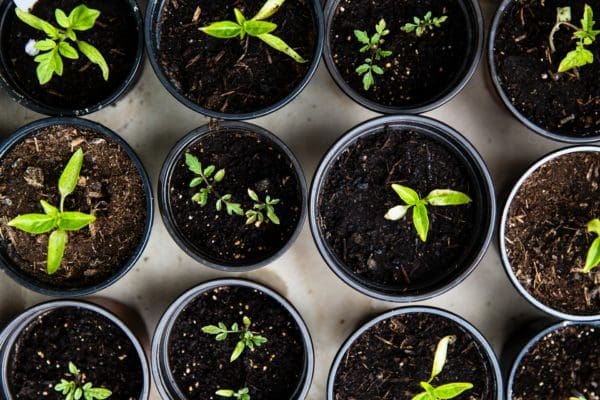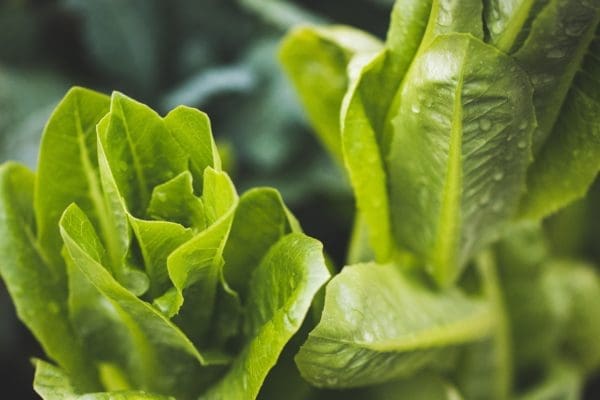Starting a Hydroponic Garden: Tips for Beginners
The idea of hydroponic gardening sounds fantastic, but it can get pretty overwhelming. A lot of people assume that it’s too expensive or too complicated, so they don’t even bother. With the right tips and tricks, you can easily start your own hydroponic garden! Soon you’ll find out just how easy it can be, and you’ll reap the rewards with a bountiful harvest from your plants!

What is hydroponic gardening?
Before we get into it, what exactly is hydroponic gardening? It’s the method of growing plants without the use of the traditional medium of soil and instead replaces that with nutrient-rich water. Plants can be grown with their roots directly in water alone, or in perlite, gravel, stones, or another medium that can be added to the water to provide extra support.
Why choose hydroponics?
Now, why would you want to grow this way? There are quite a few benefits from growing your garden in the hydroponic way instead of the traditional way, but the best reason is that your plants will put out a bigger crop. When plant roots are submerged in water, the energy it usually takes to extract nutrients and water from the soil is now being put to better use. The plant will redirect that energy into growing bigger and faster. It’s definitely the most efficient way to grow your plants.
Now that you know what it is, and why it’s a great option for growing your veggies and herbs, here are some tips to help you get started.
Pick a hydroponic system.
There are six different methods of hydroponic gardening. They all use water and nutrient solutions, but the delivery method is a bit different. These six methods are water culture, nutrient film technique, aeroponic, ebb and flow, drip technique, and wicking. Each option has its own benefits and drawbacks. You should research each method thoroughly, and find the best option for your budget and space. Most hydroponic experts agree that the water culture or deep water culture (DWC) is the easiest, and requires the least amount of materials and supplies. You can find all the methods of hydroponic growing at Hydro Blossom.

Grow something simple
The idea of having a full-blown veggie garden growing out of a beautiful hydroponic set up sounds really tempting—but you should probably start off with something easy, like lettuce or herbs. These kinds of plants are super simple to grow and don’t require a lot of babysitting (meaning you won’t have to closely monitor them). You can learn what works for you and what doesn’t when you grow an easier plant the first few times.
Lighting matters
Plants need light to grow. It sounds simple, but it can be overlooked! Your hydroponic garden should be placed somewhere that gets sunlight for at least 6-7 hours a day. If this isn’t possible in your space, that’s okay. There are a wide variety of indoor grow lights out there; however, the options can get overwhelming. There are a few things to keep in mind when you’re out shopping for lights, such as the spectrum of light, intensity, and power. You should also take into account the cost per kilowatt, wattage per outlet, and heat desperation.

Test your water
PH balance is very important and can kill your plants if you’re not careful. Tap water can contain a high level of pH, around 7.0-8.0. (The recommended level for growing herbs is around 5.5-6.3 pH.) If the levels are off even just a little, the plant’s ability to absorb nutrients become limited. It can be a hassle, but you can easily test the pH levels in your water by buying a testing kit.
Growing anything is always a fun and exciting adventure! No one grows a perfect crop their first time around, so don’t feel discouraged if your first harvest isn’t what you hoped for. Take notes, do your research, and try again. Soon you’ll be enjoying food that you grew yourself, and what can be more rewarding than that?









